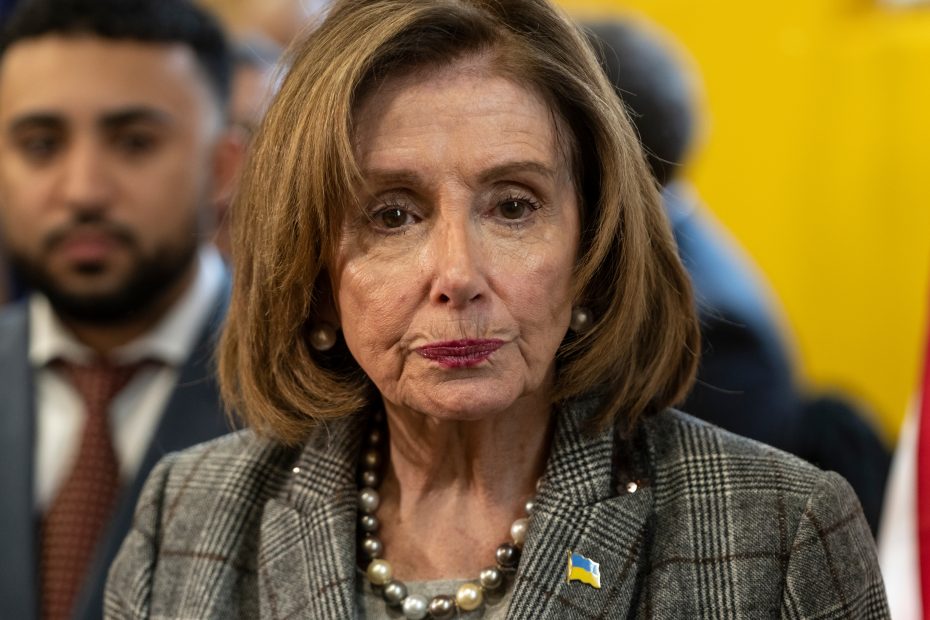In response to the archbishop’s decision to bar her from receiving communion in his diocese, Pelosi has stated, “I have a problem with my archbishop, and I figure that’s his problem, not mine,” since the publication of this article. “We’ve had very, very negative anti-LGBTQ stuff coming from our archbishop,” she continued. He has stated unequivocally that not everyone is a child of God. Perhaps we are not endowed with free will.
Three more conservative Catholic bishops have since followed in the footsteps of Archbishop Salvatore Cordileone of San Francisco, who denied House Speaker Nancy Pelosi access to the Eucharist in his diocese on May 20, 2022, citing her public support for abortion rights as justification.
On the same day that Cordileone decided in a public letter that Pelosi “must not be admitted to Holy Communion unless and until she publicly repudiates her support for abortion ‘rights’ and confess and receive absolution,” Bishop Robert Vasa of the Diocese of Santa Rosa, which borders Cordileone’s archdiocese, prohibited her from receiving Communion.
According to the investigation, Vasa stated in his statement, “I visited with the pastor at St Helena and informed him that if the Archbishop prohibited someone from receiving Holy Communion the restriction followed the person and that the pastor was not free to ignore it.”
Vasa was joined on Wednesday by prominent conservative firebrands Bishop Joseph E. Strickland of the Diocese of Tyler and Bishop Michael Burbidge of the Diocese of Arlington. A small but vociferous group of American bishops, including Cordileone, Vasa, Burbidge, and Strickland, argued with their counterparts last summer over whether priests could refuse Biden the sacrament due to his support for abortion rights.
A report on the topic was published months later, and its primary suggestion was that American Catholics receive more education regarding the Eucharistic significance. In his statement on Friday, Vasa referenced a piece of canon law that, in his opinion, “makes it clear that providing sacraments to someone prohibited from receiving them has its own possible penalties.” According to Vasa, a person may be “punished with suspension” under canon law if they knowingly deliver a sacrament to “those who are prohibited from receiving it.”
Canon 915 states that admission to Holy Communion is not permitted for “those who have been excommunicated or interdicted after the imposition or declaration of the penalty and others obstinately persevering in manifest grave sin.”
